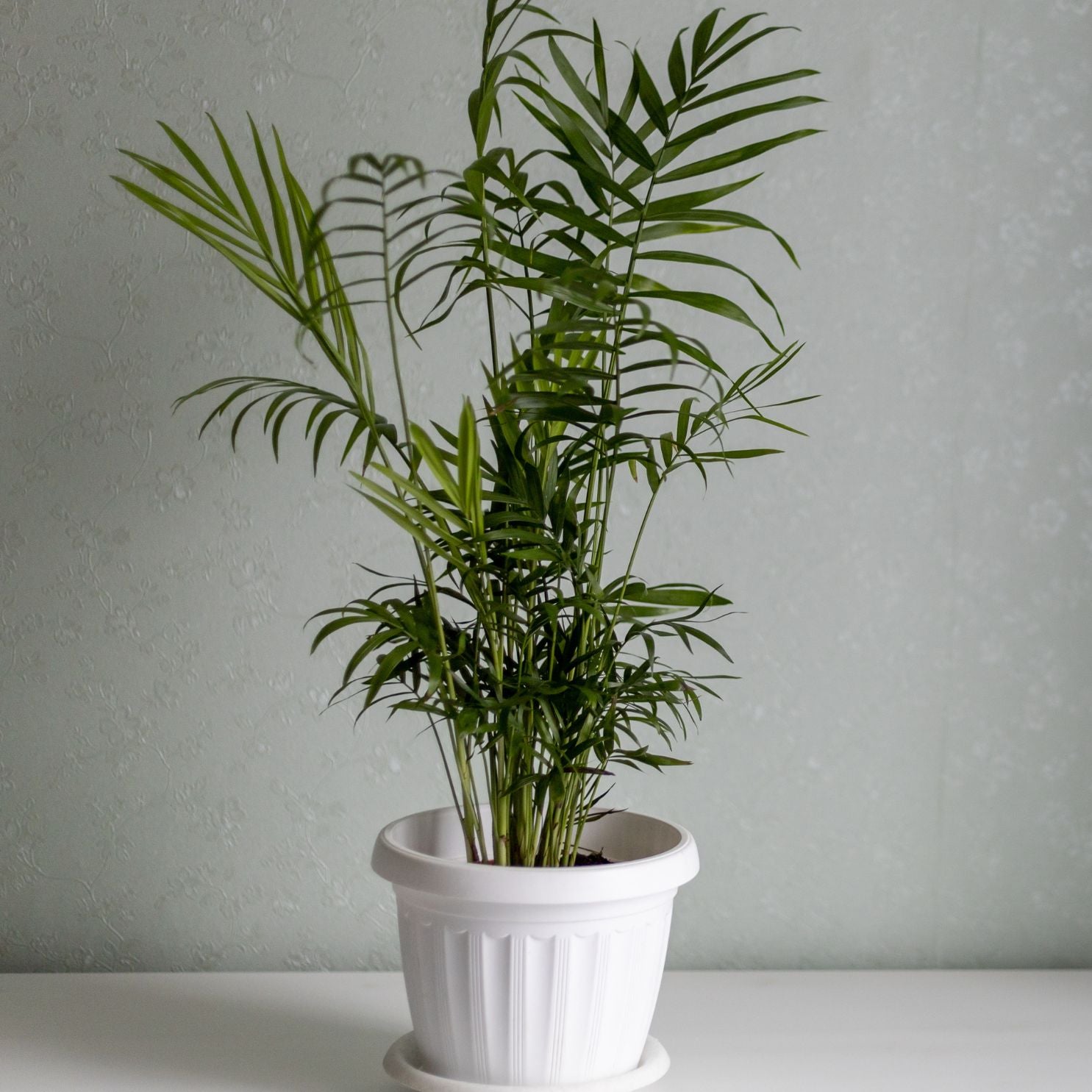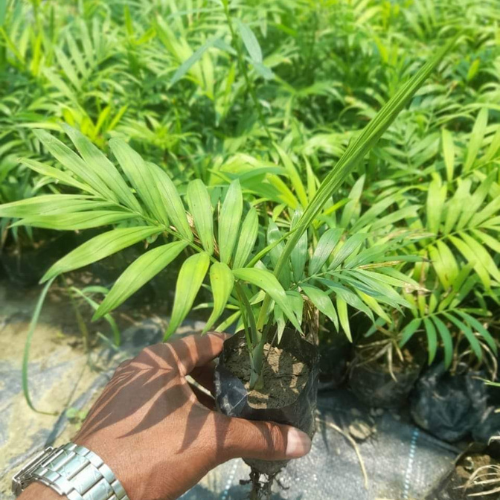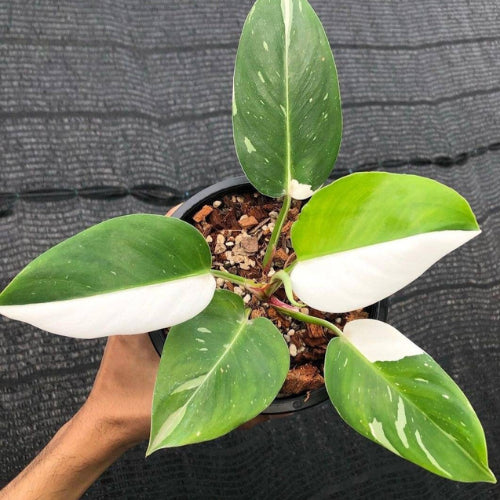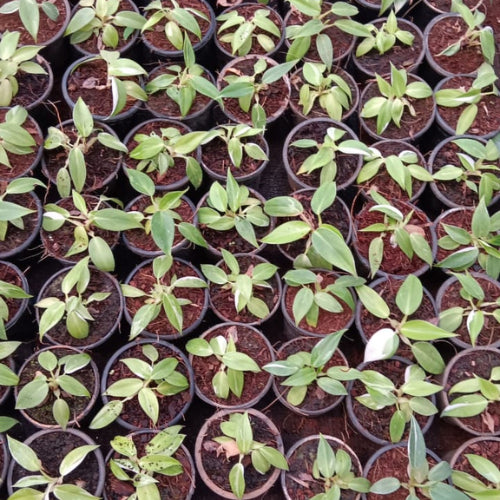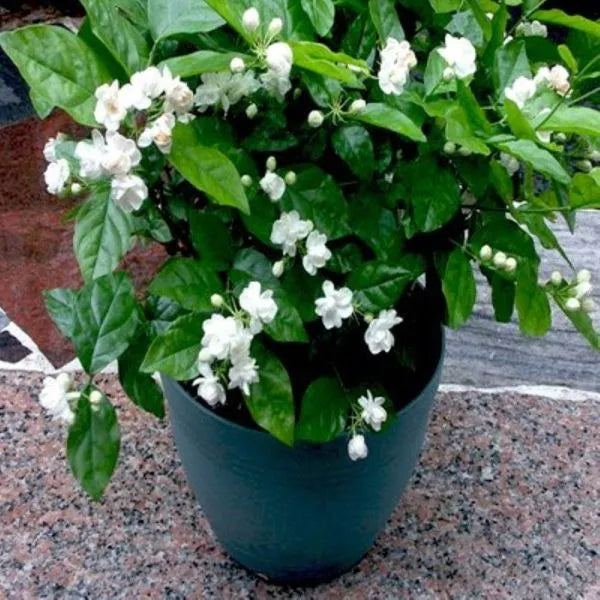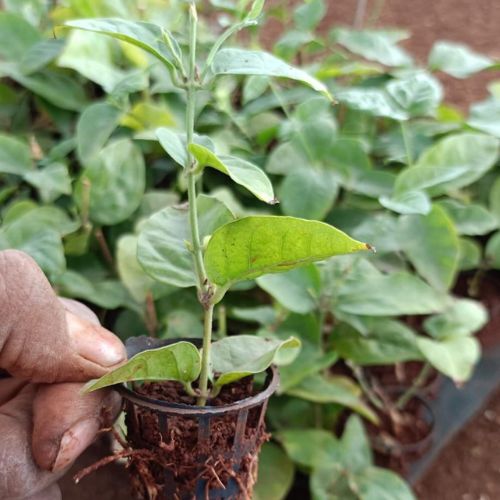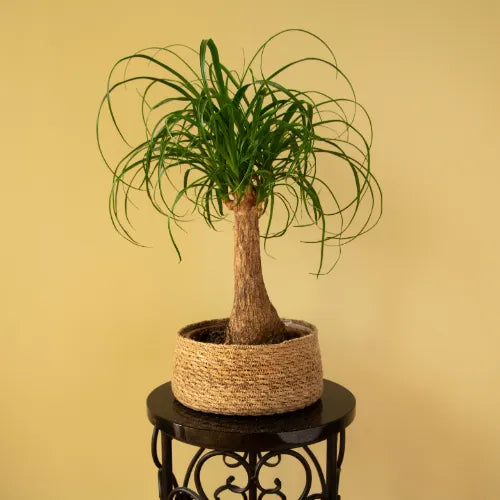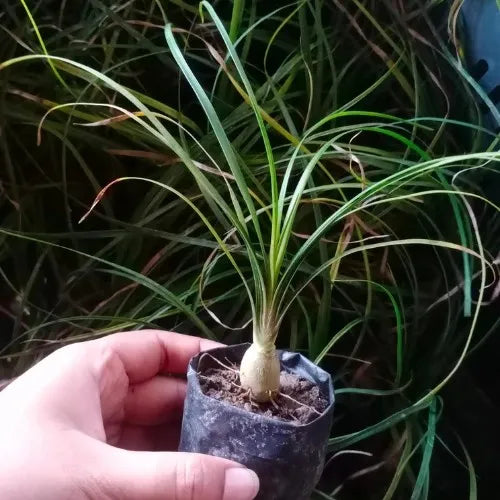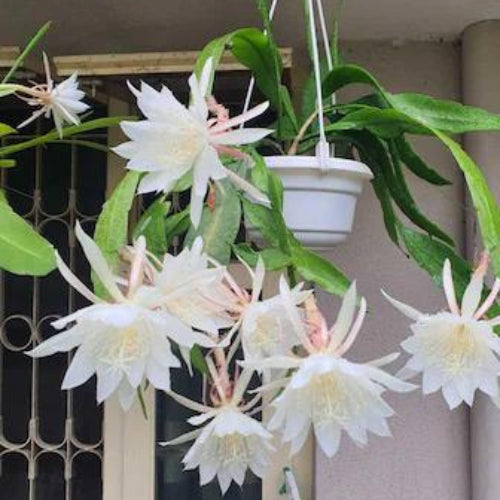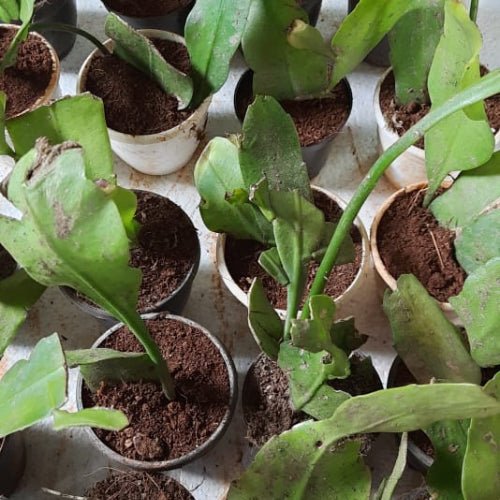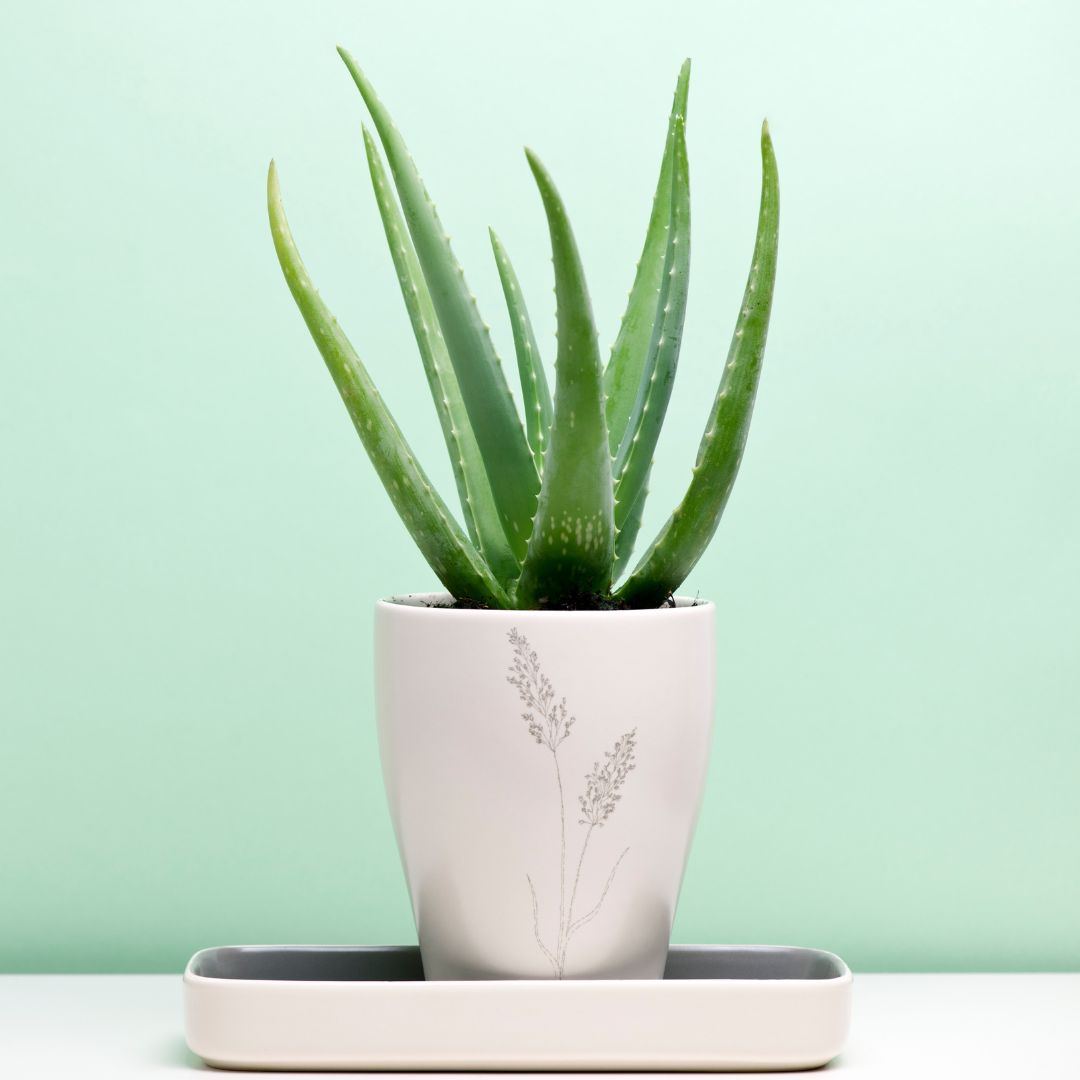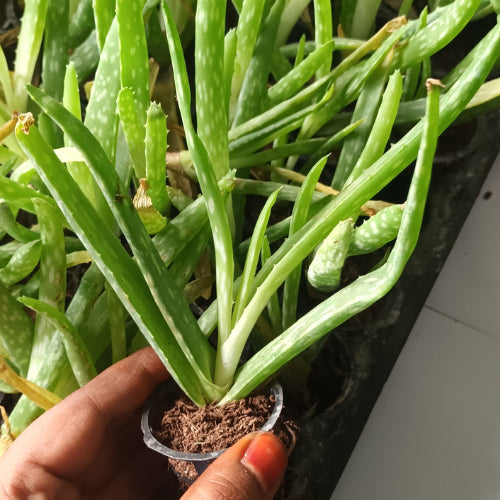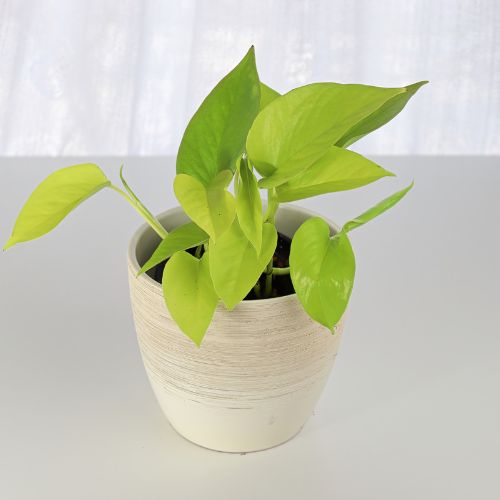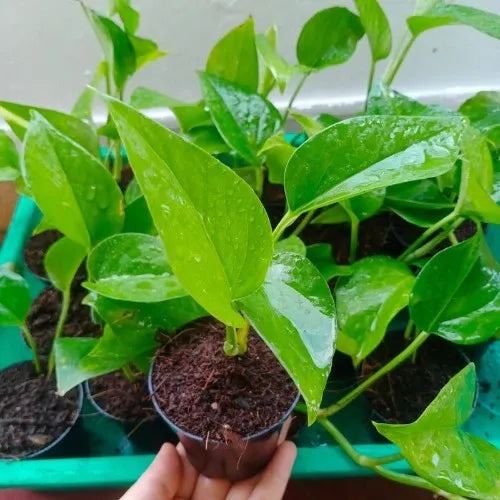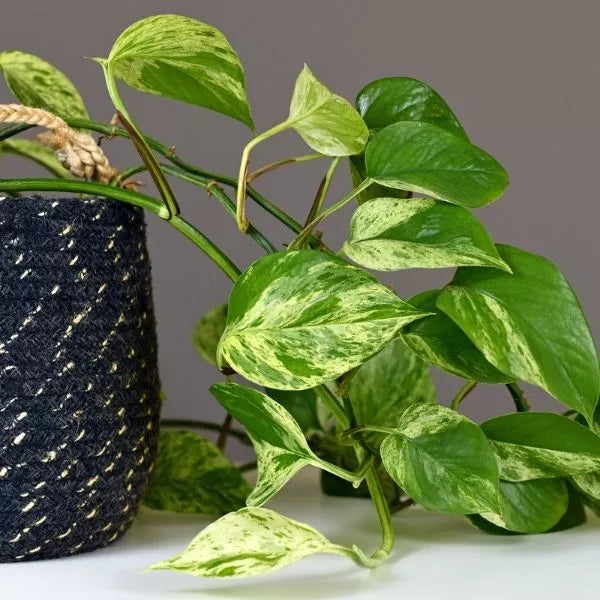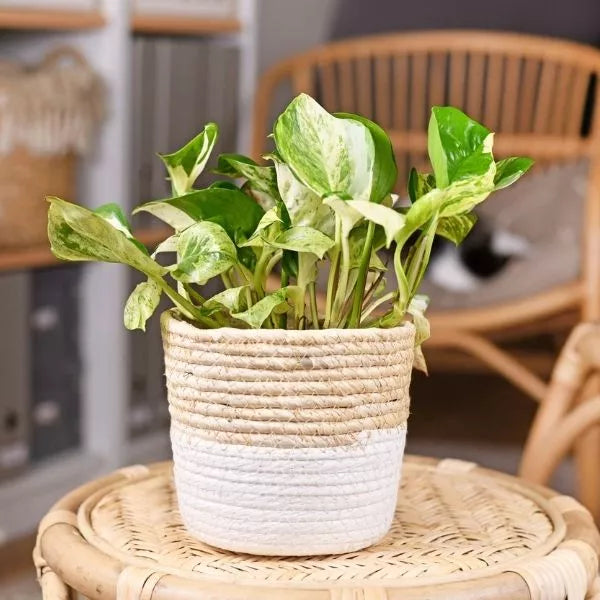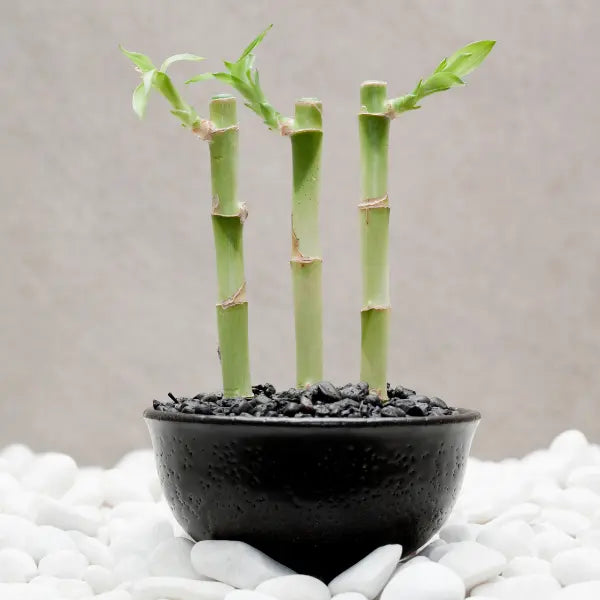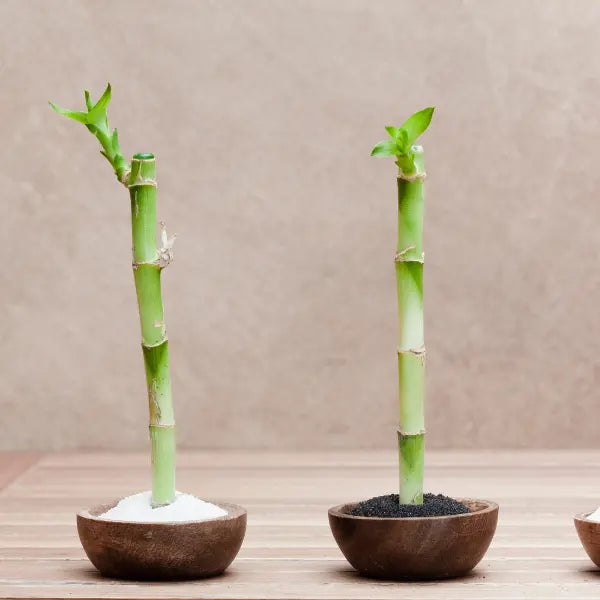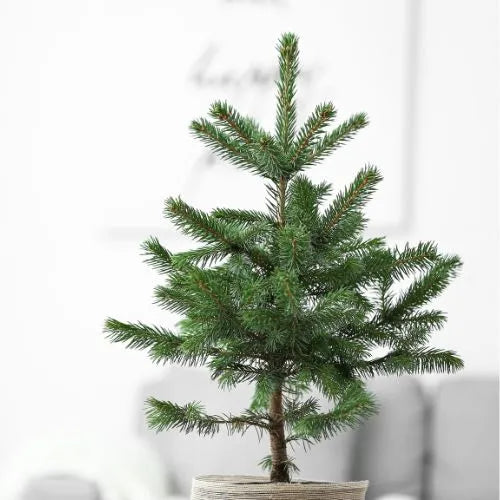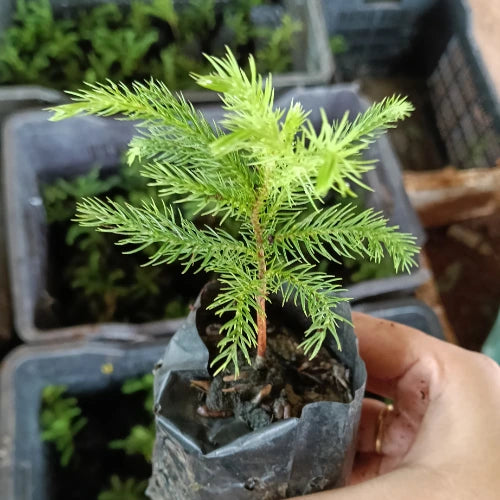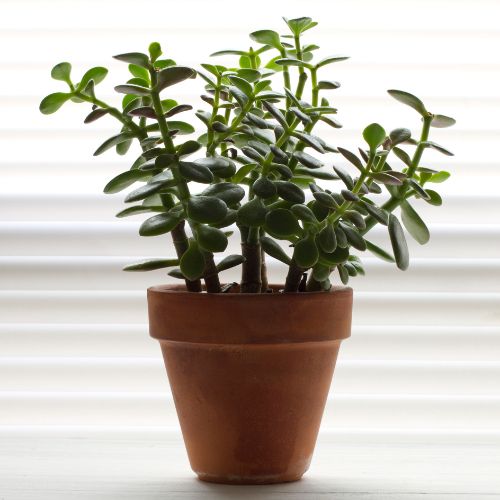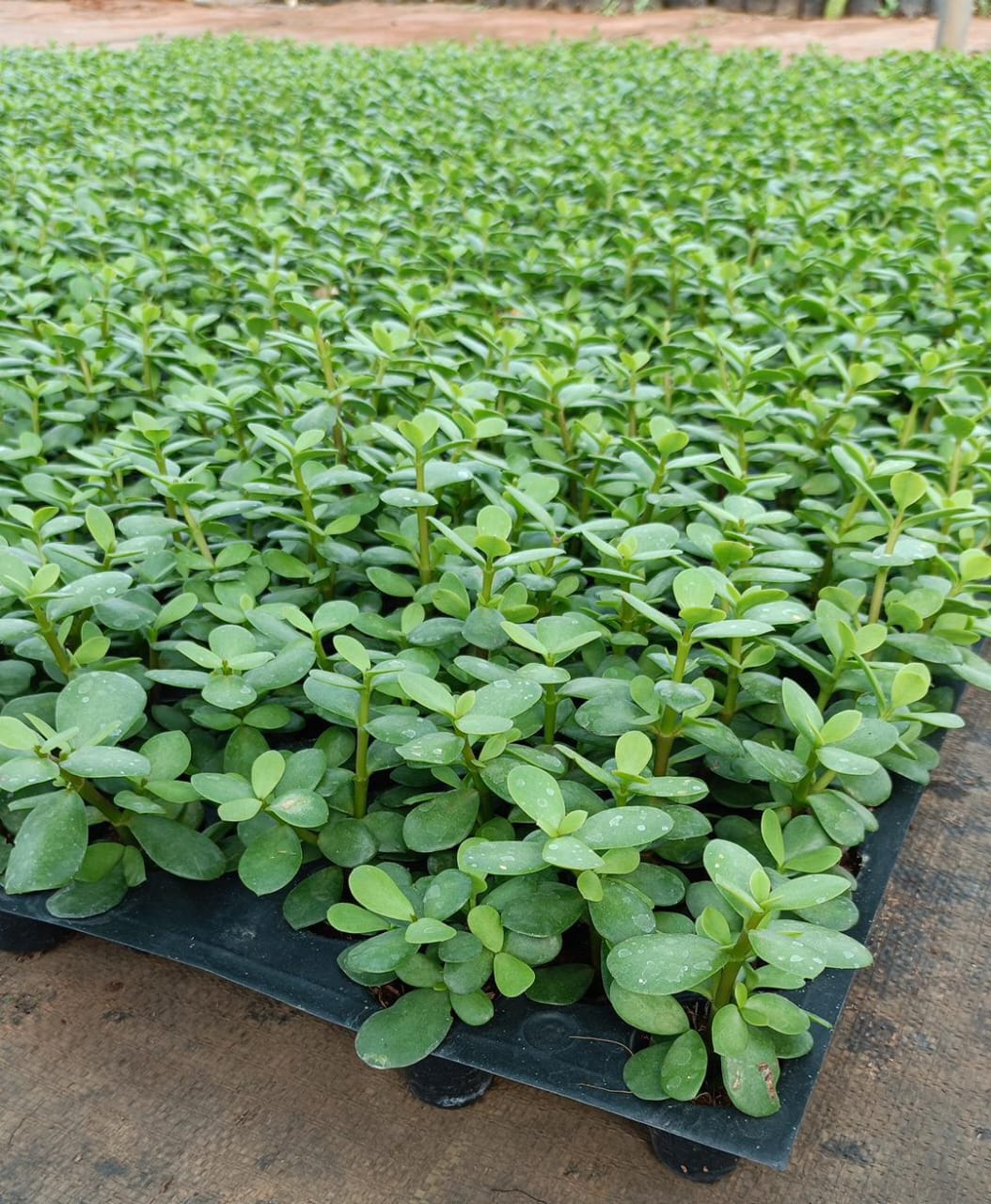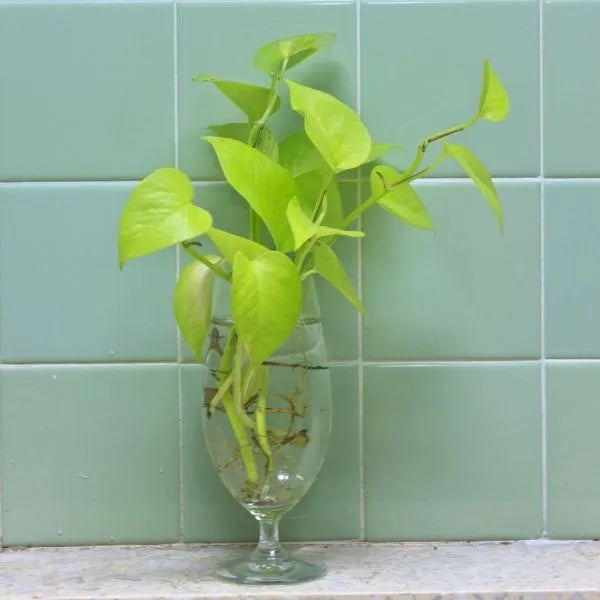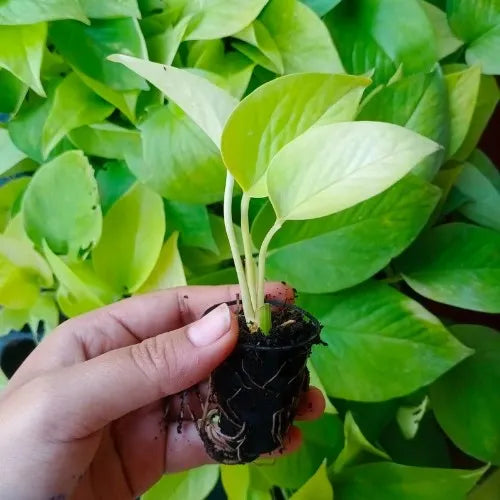Vastu plants are seen as bringing luck and good vibes into a home or place of business. They are said to encourage good health, wellbeing, and optimistic feelings.
The purpose of Vastu, and creating a Vastu-compliant environment is basically to bring in positivity and push out negative energy. Plants also energize our surroundings, and hence choosing the right type of plant is crucial. Indoor plants according to Vastu can bring in plenty of positivity, but it depends on which plants you choose and where you place them. Buy Vastu plants online for your home garden from The Affordable Organic Store. Select from our different varieties of Vastu plants ranging from Jade plant, Golden Money plant, Arabian Jasmine plant to Minima Jasmine Summer Sunset plant, etc.
Read More
What Are Vastu plants?
In simple words, Vastu plants are specific plants chosen based on an ancient Indian practice called Vastu Shastra. These plants are believed to bring positive energy, harmony, and prosperity to the places where they are placed, like homes and gardens. They are thought to create a peaceful and balanced environment and are often chosen for their ability to purify the air and attract good vibes.
Benefits of indoor plants as per Vastu
As per Vastu, certain plants are considered auspicious as they remove negative energies and attract positive energies. Healthy plants, placed in the right direction, can attract abundance into your life. Vastu states that houseplants aid in maintaining the flow and balance of energy in a household. They can also affect the health, affluence, and fortune of the inhabitants. On the other hand, if the plants are not compliant with Vastu, they can attract negative vibrations and bad luck.
Which plants can be kept in the bedroom as per Vastu?
Keep only a few plants in the bedroom. A Lavender plant in the bedroom improves marital happiness and its fragrance can relax and soothe the senses. Bamboo, Money plants, and Snake plants can be kept in the bedroom. Keep the Money plant on the left or right side of the bed but away from the footrest or headrest.
Tulasi (Basil) – Vastu advice for plants
According to Vaastu, one of the most powerful and auspicious plants is the Tulsi/ Basil plant. This shrub, which has great medicinal value, can purify the atmosphere, and keep mosquitoes away. Tulsi can be grown at the front or the back of the house, in galleries, windows – in all places where it can be exposed regularly to sunlight. While growing it in the garden, place the Tulsi plant in the north-east.
Plants in offices as per Vastu
Many people working in offices have reported being attentive and concentrating while working on a computer. According to research, 70% of the employees with workspaces without any windows but with plants in their surroundings have found themselves very happy and creative. Few plants in office cubicles and cabins are sufficient to create a positive workspace.
Vastu advice for plants
The fact is that Vastu does not recommend any big trees near the main building of the house as they slowly destroy the foundations and create subtle restlessness in the environment. Big trees create a serious Vaastu dosh if their shadow falls on the house. Vastu recommends tall trees with a big spread and thick green leaves in the south, west, or southwest corner of palaces, big houses, colonies, and farmhouses to enhance their retention power for positive urja. They should never be in the North-East sector.
5 Vastu plants for winters
- Aloe Vera: Aloe Vera is a sturdy plant that thrives in winter. It’s easy to care for and has air-purifying properties.
- Lavender: Lavender not only adds a pleasant fragrance to your home but also helps reduce stress and anxiety. It is perfect for the winter months.
- Jasmine: Jasmine’s sweet scent can uplift your mood during the cold season, making it a great choice for your home.
- Mint: Mint is an excellent winter Vastu plant that can be grown indoors. It adds a fresh aroma and can be used for various culinary purposes.
- Peace Lily: Peace Lilies are known for their air-purifying qualities and can thrive indoors during the winter months, enhancing the air quality in your home.
Benefits of Vastu plants for gardeners
Vastu plants bring positivity to your garden. They purify the air and create a harmonious atmosphere. These plants are thought to attract prosperity and reduce stress. They are easy to care for and promote a balanced environment in your garden. Gardening with Vastu plants can make your garden a more pleasant and flourishing space.
Can Vastu plants be gifted to someone?
Vastu plants do indeed make wonderful presents for others. They are thought to infuse the recipient’s house or place of business with good vibes and luck.
How often should Vastu plants be watered?
Vastu plants’ watering requirements vary depending on the type of plant and its environment. Vastu plants often require watering when the top inch of soil feels dry to the touch. Avoid flooding the plants or overwatering them.
Can Vastu plants be kept in the bathroom?
Vastu plants may indeed be kept in the lavatory. Aloe vera, Bamboo, and Spider plants are some of the ideal vaastu plants for the bathroom.
How to choose the right Vastu plants for my home?
Consider the exact energy or quality you wish to bring into your home in accordance with Vastu principles when selecting Vastu plants for it. Think about the plants’ needs in terms of upkeep and growing conditions as well.
How to decorate with Vastu plants?
Vastu plants can be utilized as freestanding decorations, wall decor, or centerpieces. It’s crucial to select the appropriate pot and location in accordance with the unique Vastu guidelines.
Which plants should not be kept at home as per Vastu?
- Cotton plants: Cotton plants, especially silky cotton plants, are pretty to look at but if placed indoors, they are believed to bring bad luck. So, avoid these.
- Tamarind plants: Tamarind plants should not be planted in one’s garden, according to Vastu Shastra.
In simple words, Vastu plants make your garden look nice and feel good. They clean the air, help your plants grow well, and add pretty colors. With a little care and some easy Vastu rules, your garden can be full of good vibes. So, let’s start gardening and let Vastu plants make our outdoor space better!
What are Vastu Plants?How do Vastu Plants work?Which are the best Vastu Plants for home?Which are the best Vastu Plants for office?How to choose Vastu Plants?Can Vastu Plants bring good luck and prosperity?Can Vastu Plants purify the air?Which are the best Vastu Plants for wealth?Which are the best Vastu Plants for positivity?Which are the best Vastu Plants for health?Which are the best Vastu Plants for love and relationships?Which are the best Vastu Plants for success?Can Vastu Plants be kept in the bedroom?Can Vastu Plants be kept in the bathroom?How often should Vastu Plants be watered?Can Vastu Plants be placed on the terrace?Can Vastu Plants be gifted to someone?Can Vastu Plants be placed in the kitchen?Which are the best Vastu Plants for removing negative energy?Can Vastu Plants be placed in the balcony?Which are the best Vastu Plants for peace?How to take care of Vastu Plants?Can Vastu Plants be kept indoors?How to decorate with Vastu Plants?Which are the best Vastu Plants for the living room?Which are the best Vastu Plants for the entrance?How to choose the right Vastu Plants for my home?Can Vastu Plants improve sleep quality?Can Vastu Plants be placed in the study room?How to choose the right pot for Vastu Plants?Which plant is not good according to Vastu?What is the importance of Vastu plants?Is peace lily good for Vastu?What are the benefits of spider plant in Vastu?Is snake plant good for home according to Vastu?
TwitterInstagramLinkedinFacebookPinterestQuora
PAGES
- About Us
- Store
- Our Team
- Partner With Us
- Contact Us
- Seeds For Plastic
- Our Impact
- Offers
- Jobs
- Track Order
- TAOS Points
- Return and Refund Policy
- Terms of Service
- Events
- Get a free plant
Quick LINKS
- Seeds
- Flower Seeds
- Vegetable Seeds
- Herb Seeds
- Fruit Seeds
- Microgreen Seeds
- Gardening Kits
- Gardening Essentials
- Manures
- Sustainable Living
- Miniature Garden Toys
- Algae project
BLOGS
- Gardening Workshops
- Gardening Calendar Blogs
- -- Influencer Calendar Blogs
- -- Plants Calendar Blogs
- -- Seeds Calendar Blogs
- Sustainable Gifting Ideas
- Gardener Stories
- Garden Care Blogs
- Miniature Garden Decor
Shop by cities
WORKSHOPS
The Affordable Organic Store1572 Google reviewsWrite a reviewChidambara Hariharan14/01/2024Good seedsSneha Lal13/01/2024All plants are ok delivery time taken so muchSubharaj S12/01/2024Received my saplings today...very good packing...tk u A.Organic store...I impressed yr delivery packing....very happy...keep yr god job...👍Privacy Policy
Copyright © The Affordable Organic Store
Powered by The Affordable Organic Store

